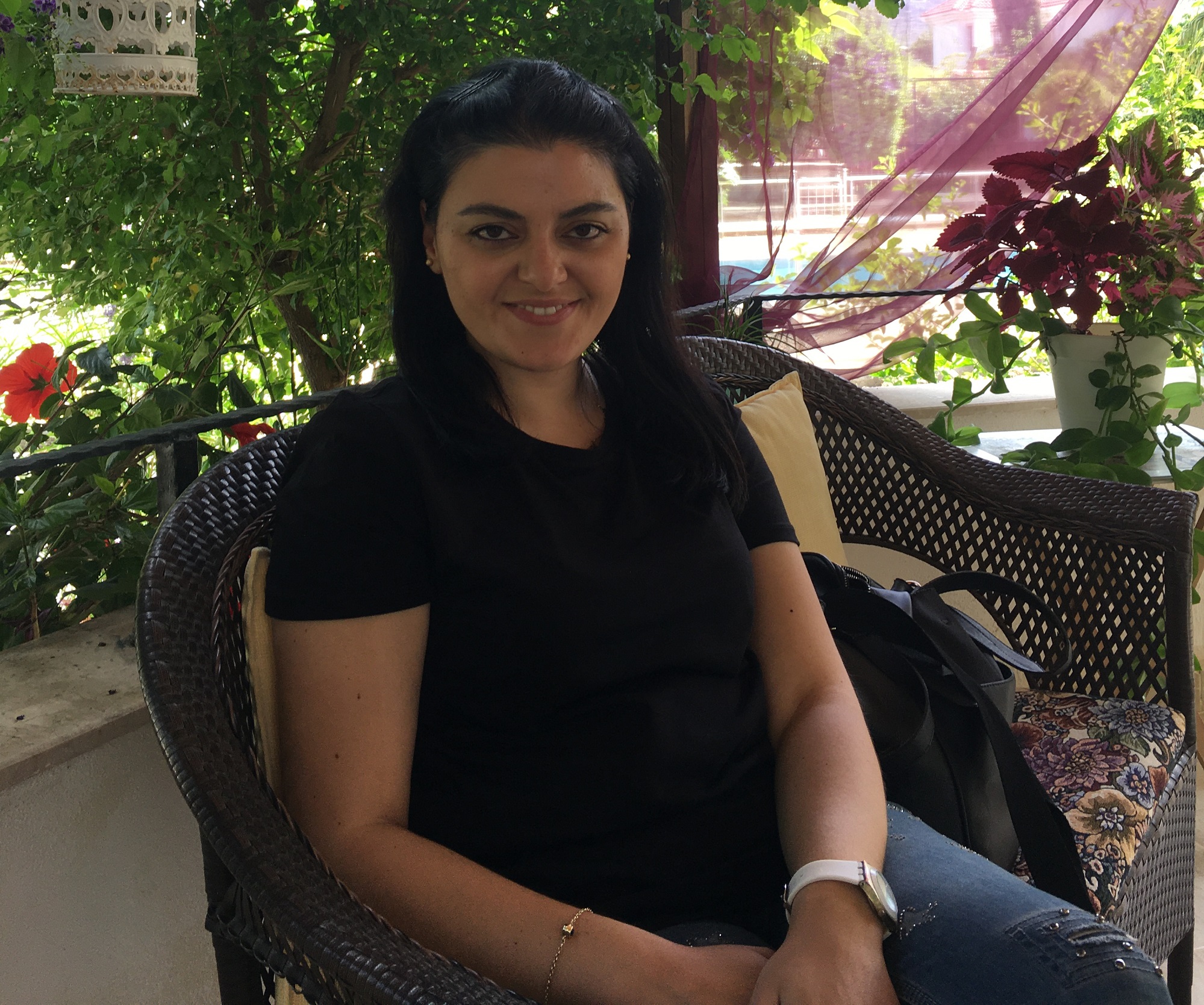
Near East University Philosophy Teaching Department Head, Guidance and Psychological Counseling Department lecturer Assist. Prof. Dr. Gizem Öner made a long survey titled “The Effect of the Quarantine Process Caused by Outbreak Diseases on the Level of Hope in People”.
According to the information provided by the Press and Public Relations Directorate of Near East University, in the survey study, which is the first study conducted in the Turkish Republic of Northern Cyprus and consists of 160 female participants of whom ages starting from 18 and over, and 90 men, in total 250 participants, the hope level effect during the quarantine process in the pandemic of COVID-19 was examined.
In the first part of the study, 'Beck Hopelessness Scale' was used to measure the demographic information of the participants and in the second part to measure the hope level of the participants.
Participants 40 years and over are more hopeful...
According to the results of the survey conducted on social media, there was no difference between the participants' gender, the choice of profession, the frequency of going out before the pandemic, and the level of hope they received from the news about COVID-19 outbreak; There were differences in terms of hope levels according to the age of the participants. It turned out that participants between the ages of 18 and 29 were hopeless than those aged 40 and over. In the survey, which showed differences in the level of hopelessness of people aged 50 and over compared to the people with whom the participants lived, it was seen that those living with their families were less hopeless than those living with their friends.
Living in an isolated way gives peace and hope...
In the survey, which also investigated the hope effect of living in isolation, some of the participants stated that isolated life gave peace, while others stated that this situation caused unhappiness, anxiety, anger and hopelessness.
After pandemic, life will not continue like before...
According to the findings on opinions regarding whether life will continue after pandemic as before, the number of participants whose hopelessness levels were higher was higher than those who thought that life after pandemic would continue as before.
Suggestions to relieve anxiety and hopelessness...
Suggestions to address the anxiety and hopelessness of individuals were also included. Faculty Member Assist. Prof. Dr. Gizem Öner emphasized that it is a natural process to feel anxious in an extraordinary situation, and that we should aim to keep our anxiety at a normal level by taking the right steps instead of trying to reset our anxiety. Stating that avoiding being exposed to unrealistic information on the pandemic in social media will decrease our anxiety and hopelessness, Assist. Prof. Dr. Öneri noted that it is an important fact to use reliable sources such as scientific publications and expert opinions in this process, and stated that in every challenging process, people can experience feelings such as anxiety, fear, anxiety, however, people should avoid being exposed to the effects of such challanging processes.
Assist. Prof. Dr. Öneri said: “Intense anxiety can harm one's psychological and physical integrity. Therefore, this intense anxiety can cause other ailments. We should try to see this process as an opportunity to do some of the things that we have neglected for a long time, and it would be good to know that all these experiences are experiences and that we can be more hopeful when we accumulate good experiences. Consistently producing disaster scenarios and thinking as if the risk is more than it is, and thinking and reading similar images, being exposed to harmful information over and over again will harm mental health. Therefore, we should focus on our strengths and keep our hopes, which we can control more when we feel bad.”